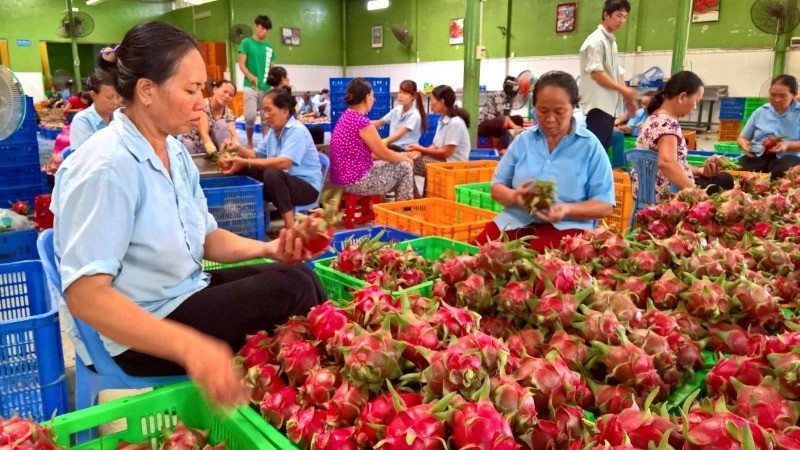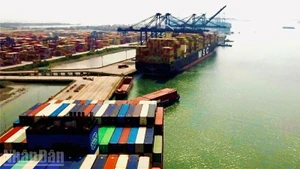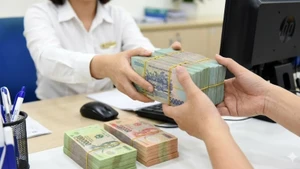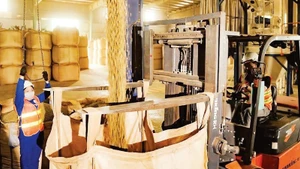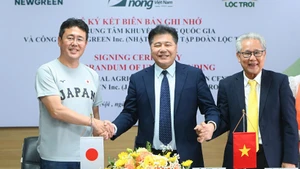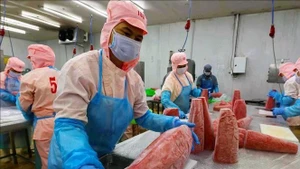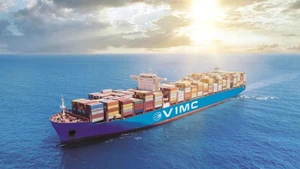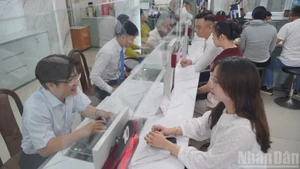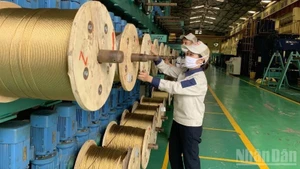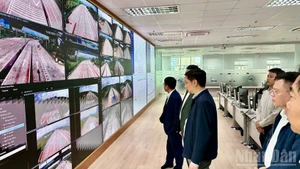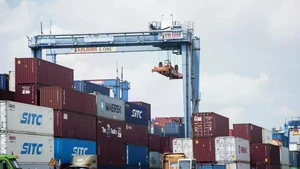In recent years, Viet Nam’s agri-forestry-fishery sector has maintained steady growth, with record export value reaching 62.5 billion USD in 2024. However, looming shifts in tariff policies by several countries could disrupt international trade, posing challenges to agricultural exports. The Prime Minister emphasised this as both a challenge and an opportunity to accelerate product and market diversification, and to adopt sustainable production practices.
To ensure continued growth and resilience, the directive assigns specific tasks to various government bodies. The Ministry of Agriculture and Environment is tasked with ensuring domestic food supply and export stability, enhancing food security, and restructuring the sector toward large-scale, green, organic, and sustainable farming. It must also implement the one-million-hectare high-quality, low-emission rice plan in the Mekong Delta through 2030.
The Ministry of Industry and Trade is directed to boost trade promotion, expand into potential markets, and leverage FTAs to diversify supply chains. It must also organise Vietnamese goods weeks and agricultural fairs to tap both domestic and international markets.
Meanwhile, the Ministry of Finance will simplify customs and tax procedures to reduce compliance costs and improve competitiveness, while also proposing tax policies to support affected agricultural products.
The State Bank of Vietnam is to maintain and potentially expand preferential credit packages for agri-forestry-fishery businesses to help ensure stable livelihoods for workers.
Local authorities must closely monitor the situation, safeguard product quality, prevent fraud, and ensure food safety. They are responsible for addressing price manipulation and enforcing environmental and hygiene standards.
Enterprises are encouraged to stay informed on global trade dynamics, especially tariff changes, and adjust production and marketing plans accordingly. They should invest in cold storage, deep processing, and branding, while actively building supply chains and stockpiling goods during peak harvests.
This directive is part of Vietnam’s broader strategy to stabilise production, protect farmers’ income, and promote high-value agricultural exports in an increasingly volatile global market.
